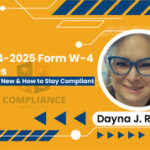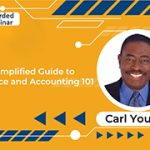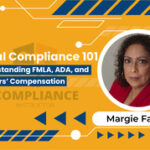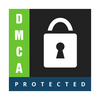RECORDED TRAINING COURSE
The FLSA contains dozens of exemptions, which provide that specific categories of employers and employees aren’t subject to the Act’s overtime requirements. Most common are the “white-collar” exemptions for executive, administrative, and professional employees, computer professionals, and outside sales employees.
What are these exemptions exactly? Who qualifies? What must you do to make sure that your employees are properly classified, and, most importantly how can you make sure that your practices comply with the Fair Labor Standards Act so you do not fall prey to a Department of Labor audit – or worse, a lawsuit—resulting in unpaid overtime, liquidated damages, other fines, and penalties in addition to your legal fees? Join this webinar and find out!
SESSION HIGHLIGHTS:
Areas covered include, without limitation:
- Difference between exempt vs non-exempt employees
- The salary basis test
- The most common exemption categories
- The duties test
- Job Titles and Descriptions
- Job Evaluations, Supervisor and Employee Interviews
- Discretion
- Supervision
- Authority
- Case examples:
- Pharma sales reps;
- Auto service reps;
- Financial services employees
- The New Overtime Rules that took effect on January 1, 2020
Why You Should Attend:
During the last decade or two, employers have found it increasingly difficult to decide which employees are entitled to overtime. Those classifications are commonly referred to as exempt employees (those who meet the FLSA’s requirements to be exempt from overtime pay) and non-exempt employees (employees the law requires to be paid overtime).
Who Should Attend:
- Business owners
- CEO’s
- CFO’s
- Controllers
- Compensation Officers
- Payroll Administrators
- Human Resources Practitioners at all levels
- Senior Managers
Note: You will get access to the Recording link and E-Transcript; in your account and at your registered email address.









